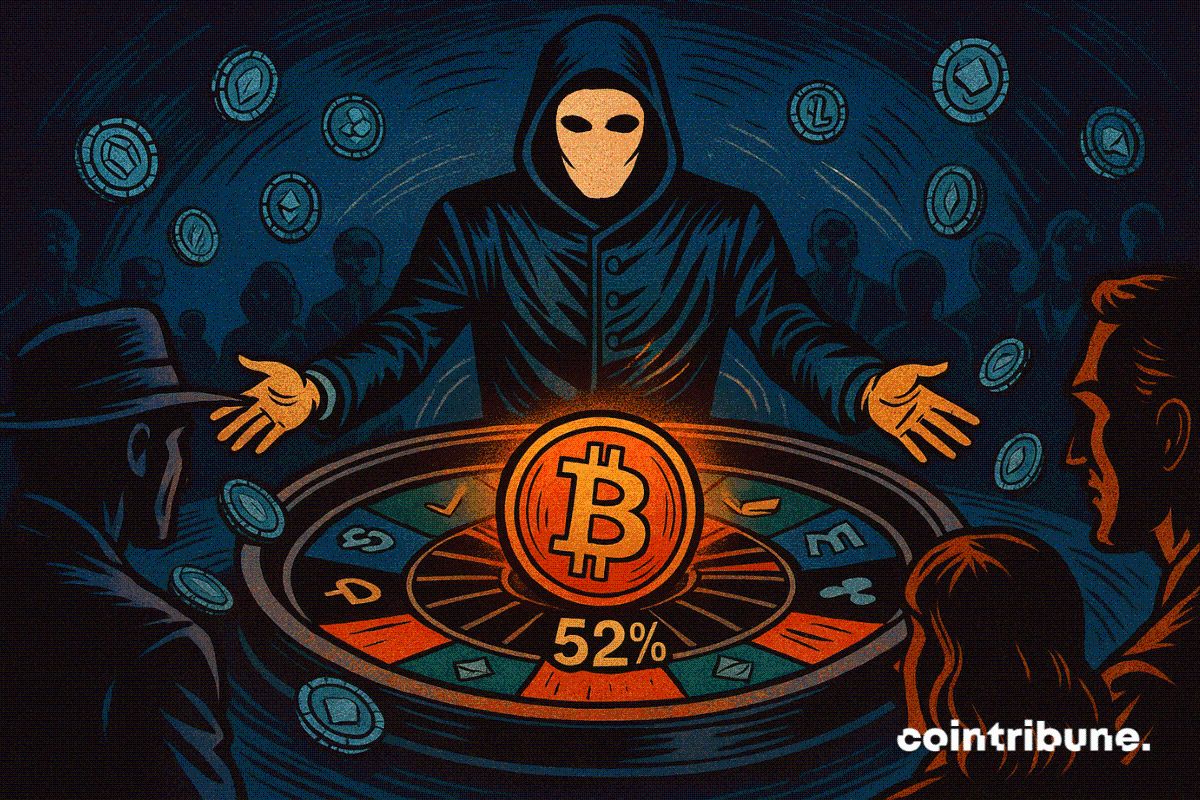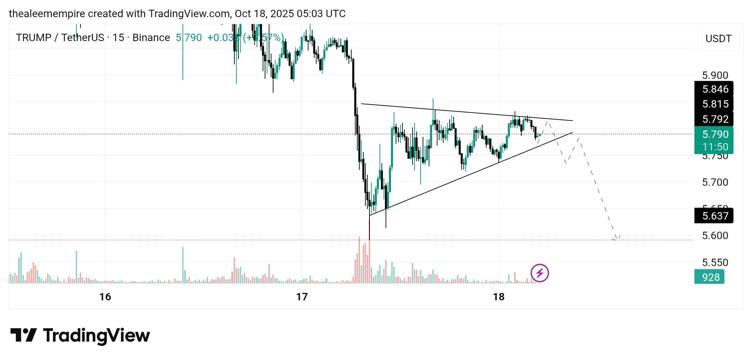According to Bundesbank President Joachim Nagel during a financial gathering in Washington, Europe must stop acting timidly in its trade relationship with China and start defending its own economic interests “in a more offensive way.”
Nagel said, “China needs Europe more than Europe needs China. We are a strong economy. We are four hundred fifty million people… So we should play the European card in a more offensive way.”
The economist, who also sits on the European Central Bank’s Governing Council, made it clear that the continent should not rely on others to protect its markets. “The most important market for the European is Europe itself,” he said.
Trump’s on-and-off-again tariffs on China this year have triggered a new wave of retaliation from Beijing, forcing Chinese exporters to redirect goods to markets like Europe, where they are often sold below local production costs.
Economists warn that this is squeezing European manufacturers while Beijing’s restrictions on rare earths, materials critical for technology and defense industries, further deepen the imbalance. Across China, European companies continue to struggle against heavily subsidized domestic competitors, according to Reuters.
Netherlands takes control of Nexperia amid pressure from Washington
Now earlier this week, the Dutch government seized Nexperia, a semiconductor company that produces basic chips for automobiles, consumer electronics, and industrial devices, from its Chinese owner and chief executive Zhang Xuezheng.
The takeover, approved in 2017, was reversed under an emergency law citing “preservation of crucial technological knowledge, as well as production and development capacities in the Netherlands and Europe.”
Economy Minister Vincent Karremans told parliament on Saturday that Zhang had improperly transferred intellectual property and financial resources to a foreign entity he controlled, even after all the warnings from Washington, which had already blacklisted Zhang’s company Wingtech in December and placed heavy export restrictions.
When U.S. officials informed The Hague that upcoming rule changes would expand those limits to include Nexperia, the Dutch government took control on September 30.
Beijing condemned the seizure, with the China Chamber of Commerce to the EU calling it a “modern act of economic banditry.” Following the decision, China banned the export of certain Nexperia products assembled within its borders.
Analysts from the Rhodium Group described the situation as part of Washington’s unspoken effort to “claw back strategic assets” from Chinese hands under the pretext of national security. While The Hague denied acting under U.S. direction, court filings revealed clear American pressure during the process.
The fallout has also highlighted the growing complexity of Europe’s semiconductor supply chain. Even with production on European soil, dependence on China persists for assembly and raw materials. The European Union’s Chips Act, which aims to produce 20% of global chips by 2030, is already struggling, with multiple projects delayed or abandoned.
China tightens rare earth exports as Europe lags behind
As the Nexperia case unfolded, China introduced sweeping new restrictions on rare earth exports, mirroring U.S. technology bans. The move threatens to disrupt supply chains vital to European industries, particularly the automotive and defense sectors. Partial curbs have already driven up costs and delayed production. Europe, with its heavy investments in electric vehicles and wind energy, stands more exposed than the United States.
The EU’s Critical Raw Materials Act, passed last year to diversify supply chains, has stalled. A €1 billion German fund meant to support critical mineral projects was paused, and progress toward reducing dependency remains slow.
Rebecca Arcesati and Jacob Gunter from the Mercator Institute for China Studies argued that Europe must act “more decisively,” using subsidies and regulations to promote new mining and processing operations and stepping in as a “buyer of last resort” when needed.
Meanwhile, Beijing’s export bans have pushed European leaders to rethink their approach. The European Commission has accused China of flooding markets with underpriced industrial goods and ignoring calls to reduce overcapacity.
The EU first imposed tariffs on Chinese electric vehicles, but that barely dented sales, it only prompted Beijing to retaliate with its own tariffs on European brandy, pork, and dairy imports.
Trade analyst Noah Barkin, writing for the German Marshall Fund, described the episode as proof that “the EU has been too slow, too timid, and too wedded to a rulebook the others have torn up.”
During her July trip to Beijing, European Commission President Ursula von der Leyen said the EU-China relationship had reached an “inflection point.”
Some of the plans under review by the EU are:- tighter restrictions on steel imports, mandatory local content rules, and technology-sharing requirements for new Chinese investments in apparently the entirety of Europe.
But the main question, officials reportedly admit, is whether EU capitals are ready to use those tools or keep waiting while others set the rules. That remains to be seen.
Get seen where it counts. Advertise in Cryptopolitan Research and reach crypto’s sharpest investors and builders.


